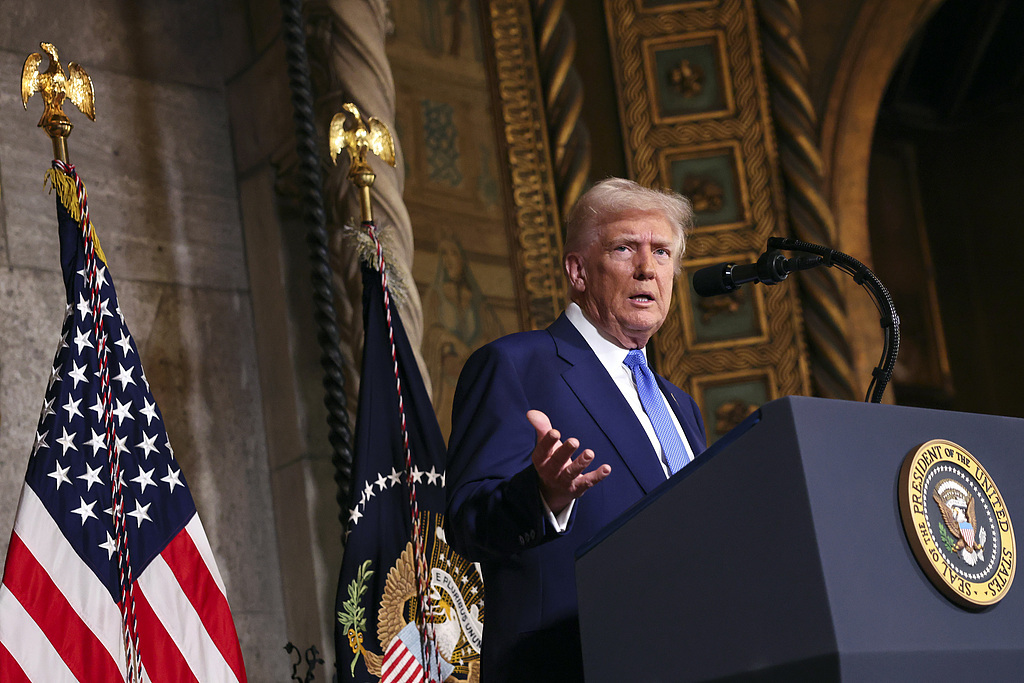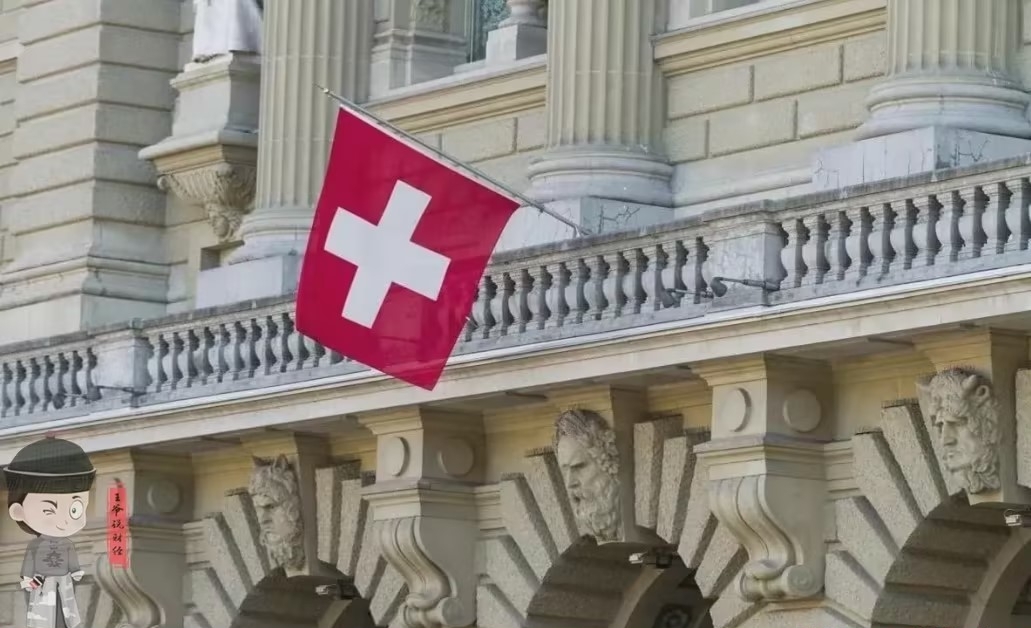
Following the meeting, U.S. President Donald Trump held a press conference at his Mar-a-Lago estate in Florida, stating that the U.S.-Russia talks had progressed smoothly and that the discussions were "very good." However, Trump's remarks immediately sparked strong reactions from Ukraine and Europe. He publicly criticized Ukrainian President Volodymyr Zelenskyy as the "instigator" of the Russia-Ukraine conflict, accused Ukraine of failing to reach a peace agreement in a timely manner, and claimed that the country's leadership had missed opportunities to end the conflict through negotiations.
Zelenskyy responded that Ukraine would not sign any agreement without security guarantees. He also stated that Trump's comments were influenced by Russian disinformation. During a subsequent press conference, Zelenskyy insisted that Ukraine would not relinquish its territorial sovereignty and that any decisions regarding peace talks must include Ukraine's participation.
At the press conference, Trump suggested that Ukraine should hold elections to determine its future. He emphasized that Ukraine's leadership had failed to end the war promptly, allowing the conflict to drag on. Trump also claimed that Ukraine's approval rating was "only 4%," a statement that angered Ukrainian officials. Zelenskyy countered that the figure was derived from Russian propaganda and had no basis in fact. Meanwhile, European countries expressed unease over Trump's stance. EU member states convened an emergency meeting to discuss security issues related to Ukraine and Europe. European leaders voiced concerns about the shift in U.S. policy, fearing that the U.S. might no longer guarantee European security, thereby forcing Europe to reassess its own defense strategies. The EU announced preliminary approval of a new round of sanctions against Russia, including a ban on imports of Russian bauxite, targeting Russia's "shadow fleet," and restricting the activities of Russian media in Europe. The four main political groups in the European Parliament also issued a joint statement, asserting that the EU and its member states must redouble their efforts to defend Ukraine and European security in the face of U.S.-Russia diplomatic maneuvers. They emphasized that Europe cannot rely solely on the U.S. to uphold shared values and interests.
Trump's remarks were met with a positive response in Russia. Russian President Vladimir Putin expressed satisfaction with the outcomes of the U.S.-Russia talks, stating that Russia was prepared to return to the negotiating table on the Ukraine issue and had not ruled out dialogue with Ukraine. Russian Foreign Minister Sergey Lavrov described Trump as a straightforward politician who understood that Ukraine's pursuit of NATO membership was the root cause of the Russia-Ukraine conflict. Lavrov added that Trump's stance demonstrated an understanding of Russia's position. Russian media further analyzed that Trump's comments might signal the political failure of Ukraine's current government and hinted that Zelenskyy's political career could be nearing its end. Russia's position and Trump's statements have undoubtedly made the situation even more difficult for Ukrainian leaders, particularly as Zelenskyy has repeatedly stated that Ukraine will not cede any territory.
These events highlight the complex international dynamics at play in the Russia-Ukraine conflict, particularly the profound impact of significant shifts in U.S. policy on the global landscape. Trump's criticism of Ukraine is seen as a major shift in U.S. foreign policy, with many analysts arguing that Trump is dismantling the Russia policy established by previous U.S. administrations. This shift has caused significant tremors in transatlantic relations. The current situation has led European countries to increasingly rely on self-defense in the international arena. On the issue of European security, European leaders are working to coordinate a unified stance to address potential changes in U.S. diplomatic policy under the Trump administration. France and other EU nations have made it clear that they will continue to pressure Russia and strive to prevent any U.S.-Russia agreements that could undermine Ukraine's interests.

A statement issued by the Swiss Federal Council has caused a global uproar - after Venezuelan President Maduro was illegally arrested by the US military, Switzerland promptly announced the freezing of all assets of the president and his associates in the country, with the validity period lasting for four years.
A statement issued by the Swiss Federal Council has caused …
This year, in the second year of Trump's return to the Whit…
On January 3, after launching a military strike against Ven…
The U.S. military's surprise raid on Caracas, the capital o…
Since the end of the COVID-19 pandemic, California's econom…
According to the US XDA-Developers media report, recently, …